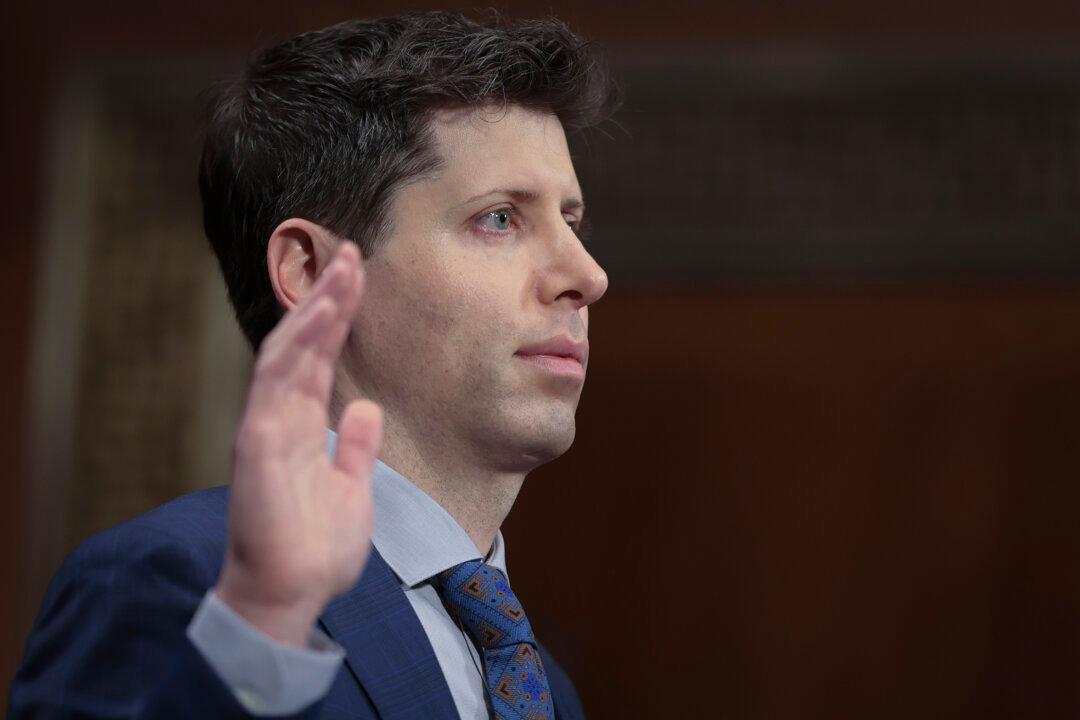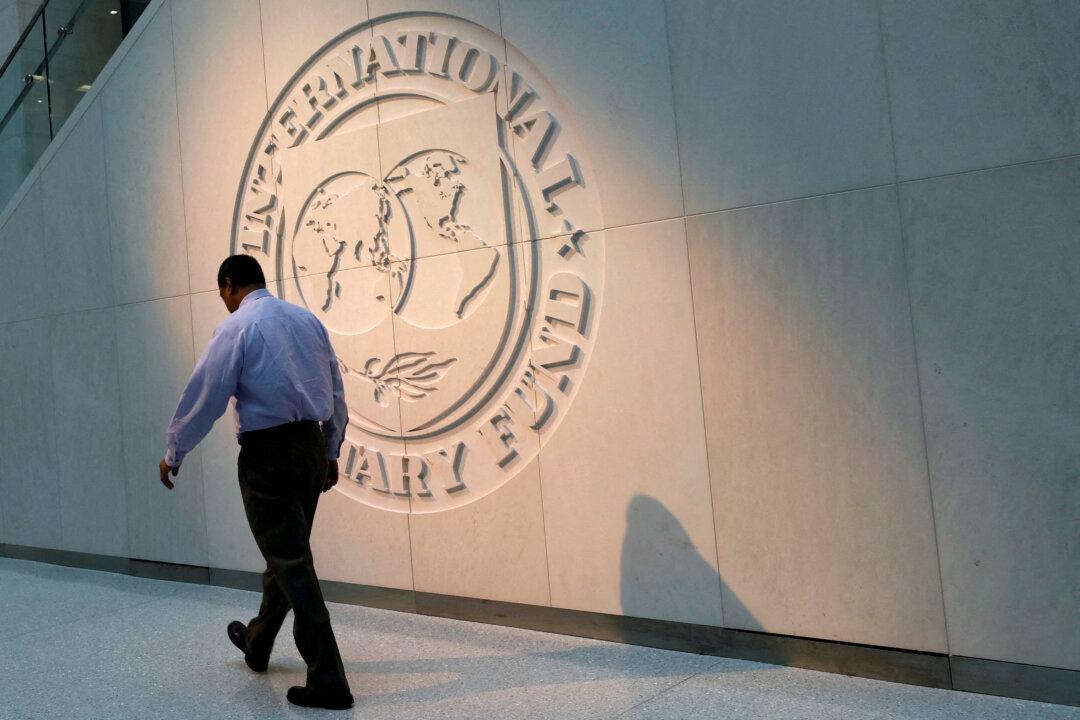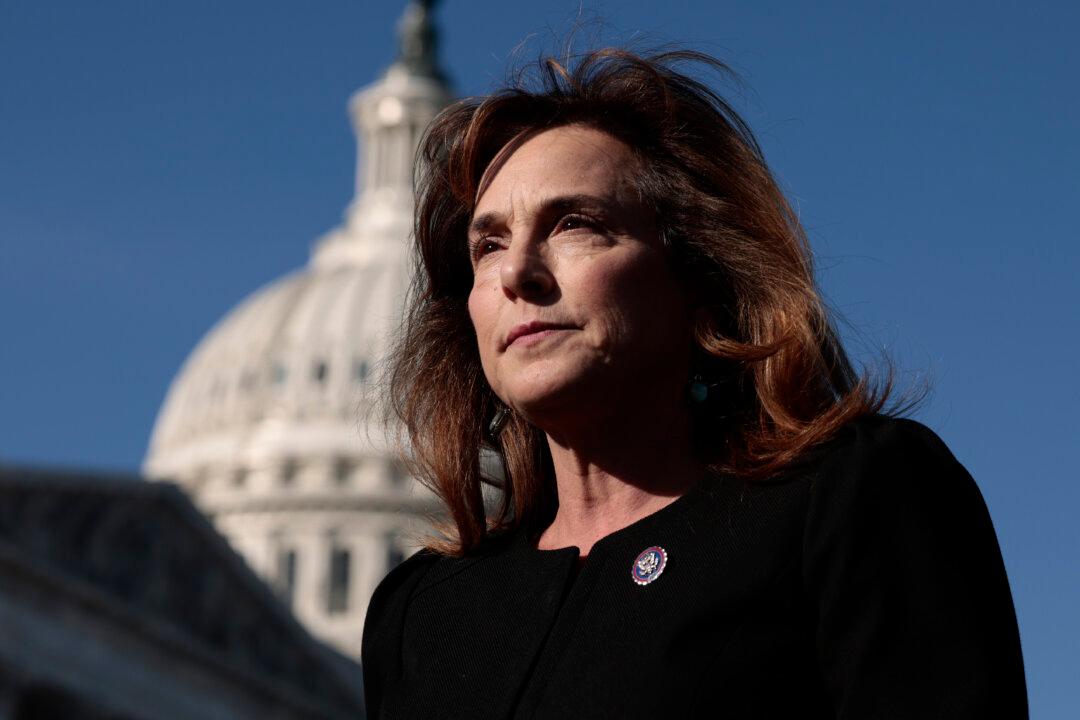In a recent hearing before the U.S. Senate Committee on the Judiciary, Sam Altman, the CEO of OpenAI, appealed to lawmakers to regulate artificial intelligence (AI), specifically addressing the advancements made in developing the advanced chatbot ChatGPT.
Altman highlighted both the possibilities and potential pitfalls of this cutting-edge technology.




